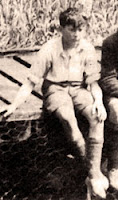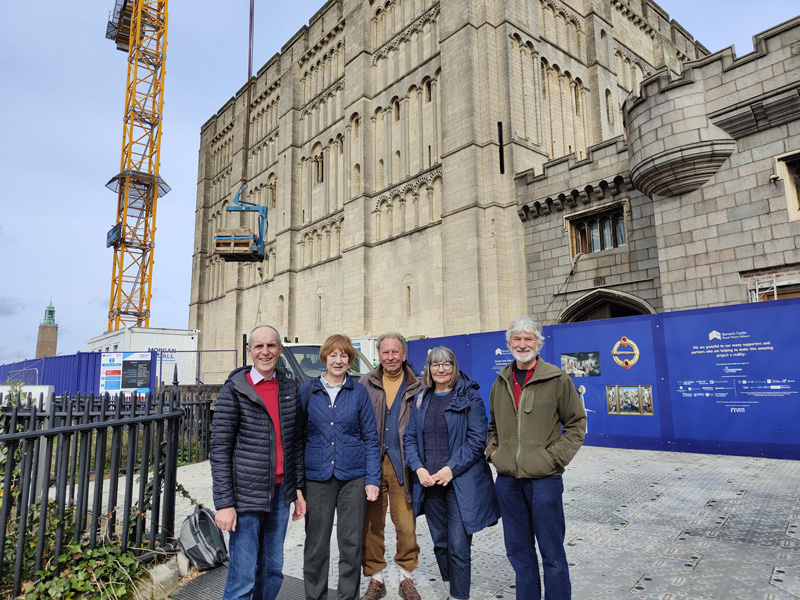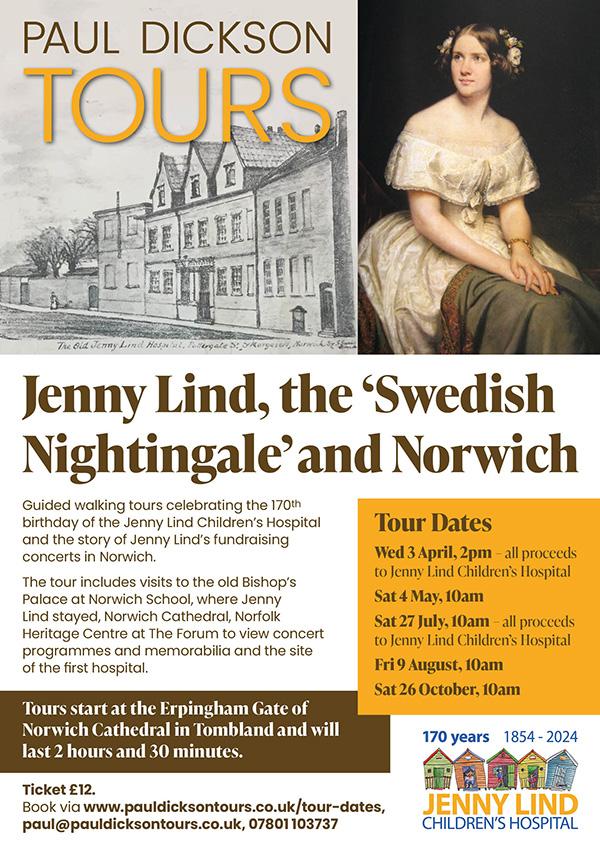Originally published 23rd February 2008
Recent figures from the Department of Work and Pensions show that more than half a million people under the age of 35 are too ill to work and claim incapacity benefits. This includes nearly three hundred thousand who are suffering from mental and behavioural disorders. These were the lowest figures for over seven years.
Did You Know?
All kinds of efforts are being made to help these people yet doctor’s surgeries and hospitals are struggling with the constant increase in the number of patients calling for their attention. How did everyone manage in the old days? Ever since the NHS started after the last war there has always been some individuals in the waiting rooms with minor complaints they were more than capable of attending to themselves and would have had to in days gone by.
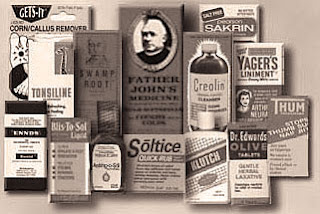 It could be said that the NHS has done such a good job enabling the population to live longer that they now have too many patients to cope with. This particular problem is very likely exacerbated by the fact that prescribing the medication and treatment for the old folk takes up more of the Doctor’s time and attention.
It could be said that the NHS has done such a good job enabling the population to live longer that they now have too many patients to cope with. This particular problem is very likely exacerbated by the fact that prescribing the medication and treatment for the old folk takes up more of the Doctor’s time and attention.
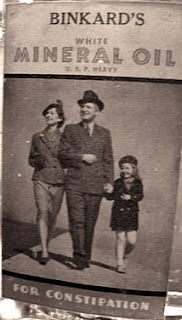 However, the older generation cannot be blamed for the overload that exists in almost every sector of the Health Service. The progress made since its inauguration would probably have been in keeping with requirements if our Society and everything around us had advanced at a reasonable pace.
However, the older generation cannot be blamed for the overload that exists in almost every sector of the Health Service. The progress made since its inauguration would probably have been in keeping with requirements if our Society and everything around us had advanced at a reasonable pace.
Over the years most towns and villages have increased their populations naturally. On top of which, many have had vast numbers put on them as more and more of all ages arrive from overseas to enjoy our standard of living. That of course includes the benefits offered by the best Health Service in the world.
 Even if there had not been this increase in patient numbers the NHS would still have had to grow. Every advance made in the laboratories increases the ability to treat more people for more complaints and calls for extra trained staff with updated equipment and sometimes even new buildings.
Even if there had not been this increase in patient numbers the NHS would still have had to grow. Every advance made in the laboratories increases the ability to treat more people for more complaints and calls for extra trained staff with updated equipment and sometimes even new buildings.
At the same time our medical teams have had to face and deal with previously unknown diseases and worldwide viruses. As a result of the population becoming more and more mobile the accident and emergency departments have experienced an increasing demand for their services. One thing that should have been taken into account from the start was how quickly the population would realise the NHS was there for them to use.
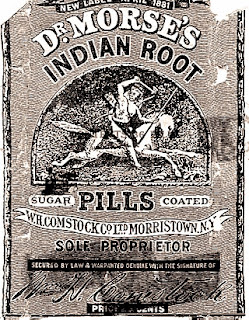 It was well known there was a section of the public, including some Doctors, who opposed this new enterprise but it was expected to be easier to calculate and assess the country’s needs more accurately after the initial surge. It’s unlikely it was ever considered the service might be abused in any way by the patients. However, it wasn’t long before the same old faces began to appear regularly in the waiting rooms hoping for a sick note to excuse them from work.
It was well known there was a section of the public, including some Doctors, who opposed this new enterprise but it was expected to be easier to calculate and assess the country’s needs more accurately after the initial surge. It’s unlikely it was ever considered the service might be abused in any way by the patients. However, it wasn’t long before the same old faces began to appear regularly in the waiting rooms hoping for a sick note to excuse them from work.
There seemed to be many citizens both young and old who suddenly discovered or developed all kinds of aches and pains and hurried off to their surgery now they had a Doctor at their disposal. No appointment was necessary in those days. They sat in a queue and waited until it was their turn to go in. This could be for as long as two hours or more.
 Many of them went home with a little round box of pills or a bottle of medicine to be taken three times a day. On reflection, you have to wonder how many of these cases were actually genuine. Obviously some were. A person diagnosed as having ME today would probably have been told they were ‘run down’ and needed to get away for a few days holiday. Anyone suffering from depression or any of today’s other common maladys might well have been treated in the same way.
Many of them went home with a little round box of pills or a bottle of medicine to be taken three times a day. On reflection, you have to wonder how many of these cases were actually genuine. Obviously some were. A person diagnosed as having ME today would probably have been told they were ‘run down’ and needed to get away for a few days holiday. Anyone suffering from depression or any of today’s other common maladys might well have been treated in the same way.
 Our Health Service has changed a lot over the years and just some of the reasons are given here why it has had to struggle to maintain such high standards. We hear complaints, often from those with high expectations and we sometimes hear words of praise but from the vast majority who are satisfied we hear nothing. Every day the NHS has to face new challenges which is what those three hundred thousand represent. Unfortunately, it is probably the tip of an iceberg. We are unlikely to see much improvement in these figures unless our society changes and finds a way to remove the stress being experienced by many of our youngsters. If nothing is done can we expect anxiety and depression, which is on the increase, to lead to more drug and alcohol abuse?
Our Health Service has changed a lot over the years and just some of the reasons are given here why it has had to struggle to maintain such high standards. We hear complaints, often from those with high expectations and we sometimes hear words of praise but from the vast majority who are satisfied we hear nothing. Every day the NHS has to face new challenges which is what those three hundred thousand represent. Unfortunately, it is probably the tip of an iceberg. We are unlikely to see much improvement in these figures unless our society changes and finds a way to remove the stress being experienced by many of our youngsters. If nothing is done can we expect anxiety and depression, which is on the increase, to lead to more drug and alcohol abuse?
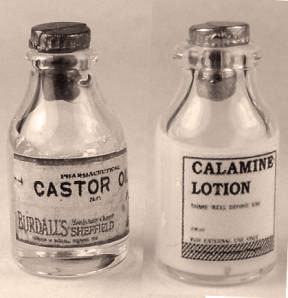 Is it possible that the problems for some of the half a million under 35’s who are too ill to work started during their school-days? There have always been a small number of citizens whose only trade was knowing how to ‘swing the lead’ and be absent when there was work to be done. No doubt there always will be! At times it must be extremely difficult for a Doctor or anyone else to detect these individuals. Especially today when so much emphasis is put on Health and Safety and Human Rights making professional people far more vulnerable than they used to be. However, we have to accept that the vast majority of that half million on benefit are genuine.
Is it possible that the problems for some of the half a million under 35’s who are too ill to work started during their school-days? There have always been a small number of citizens whose only trade was knowing how to ‘swing the lead’ and be absent when there was work to be done. No doubt there always will be! At times it must be extremely difficult for a Doctor or anyone else to detect these individuals. Especially today when so much emphasis is put on Health and Safety and Human Rights making professional people far more vulnerable than they used to be. However, we have to accept that the vast majority of that half million on benefit are genuine.
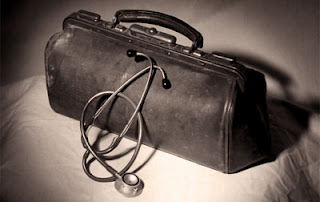 The way we live has changed dramatically in recent years and many people find it difficult to cope as they try to adjust to keep up with the new ways and ever increasing temptation to have everything that’s on offer. Some of this is due to advertising and the media but mostly it is down to the ongoing rapid advances still being made in the various fields of Technology. These inevitably have an affect on everything about us and the NHS is probably affected as much as anyone.
The way we live has changed dramatically in recent years and many people find it difficult to cope as they try to adjust to keep up with the new ways and ever increasing temptation to have everything that’s on offer. Some of this is due to advertising and the media but mostly it is down to the ongoing rapid advances still being made in the various fields of Technology. These inevitably have an affect on everything about us and the NHS is probably affected as much as anyone.
What a pity this progress can’t stand still for a few years to give us all time to catch up! In the meantime perhaps we could all just stop for a moment, look around and start to appreciate all that we have instead of worrying about what we are entitled to and think we ought to have. Unlike the media, let us assume a glass to be half full rather than half empty. Then I am sure the outlook will soon appear to be much brighter.
valley lad – [FORTY-TWO]
